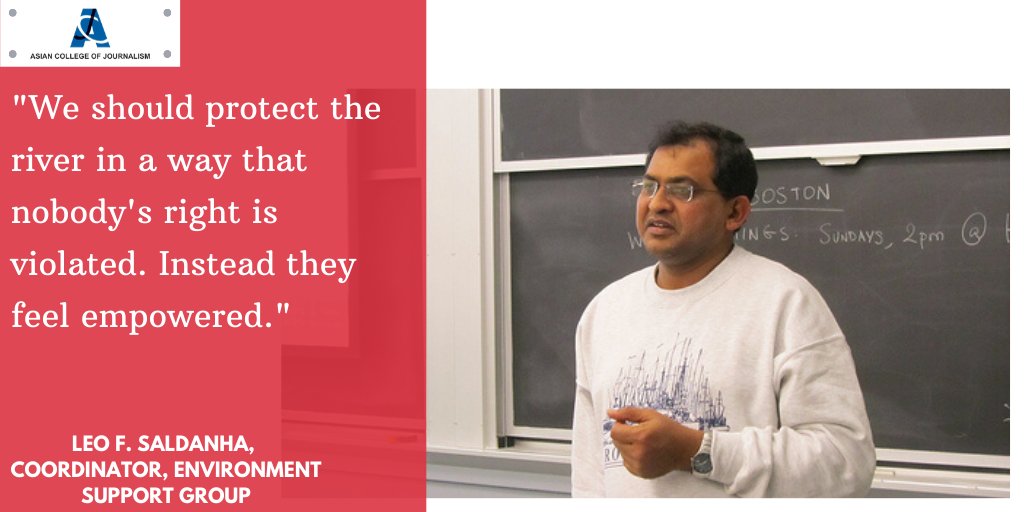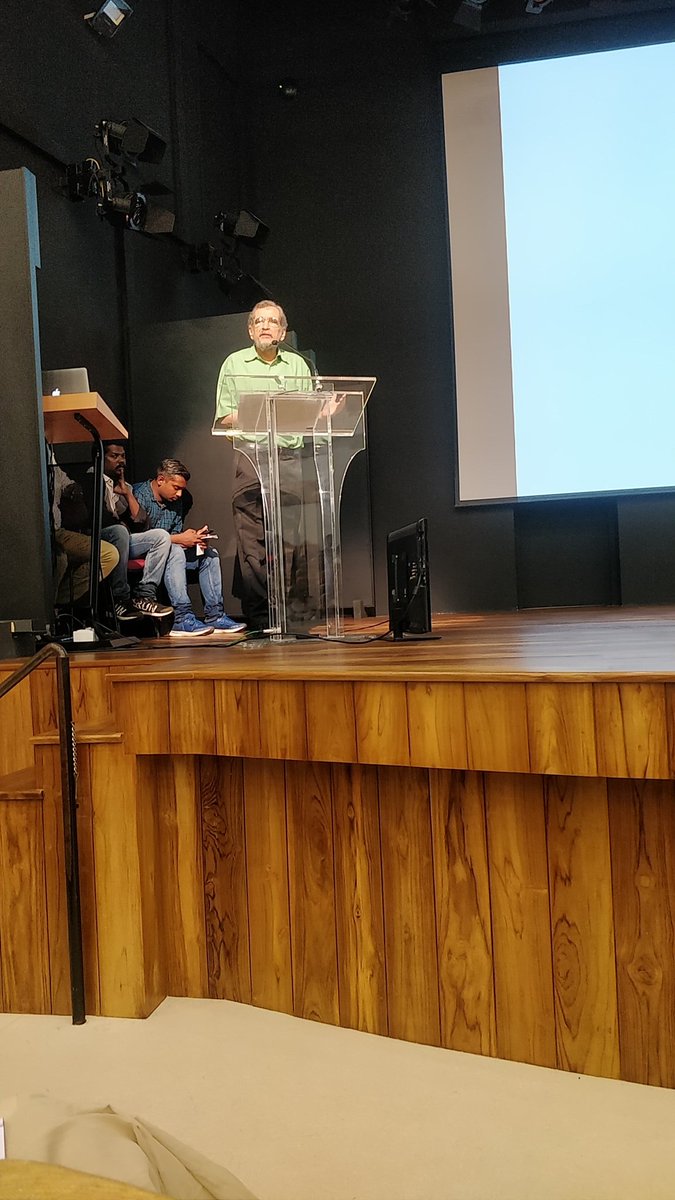Asian College of Journalism
9:44
9:46
9:50
9:54
9:58
10:00
10:02
10:02
10:03
10:06
10:07
10:07
10:07
10:09
10:10
10:10
10:12
10:13
10:14
10:16
10:16
10:18
10:20
10:20
10:21
10:23
10:23
10:27
10:28
10:29
10:30
10:32
10:32
10:33
10:35
10:35
10:37
10:38
10:40
10:41
Connecting…














